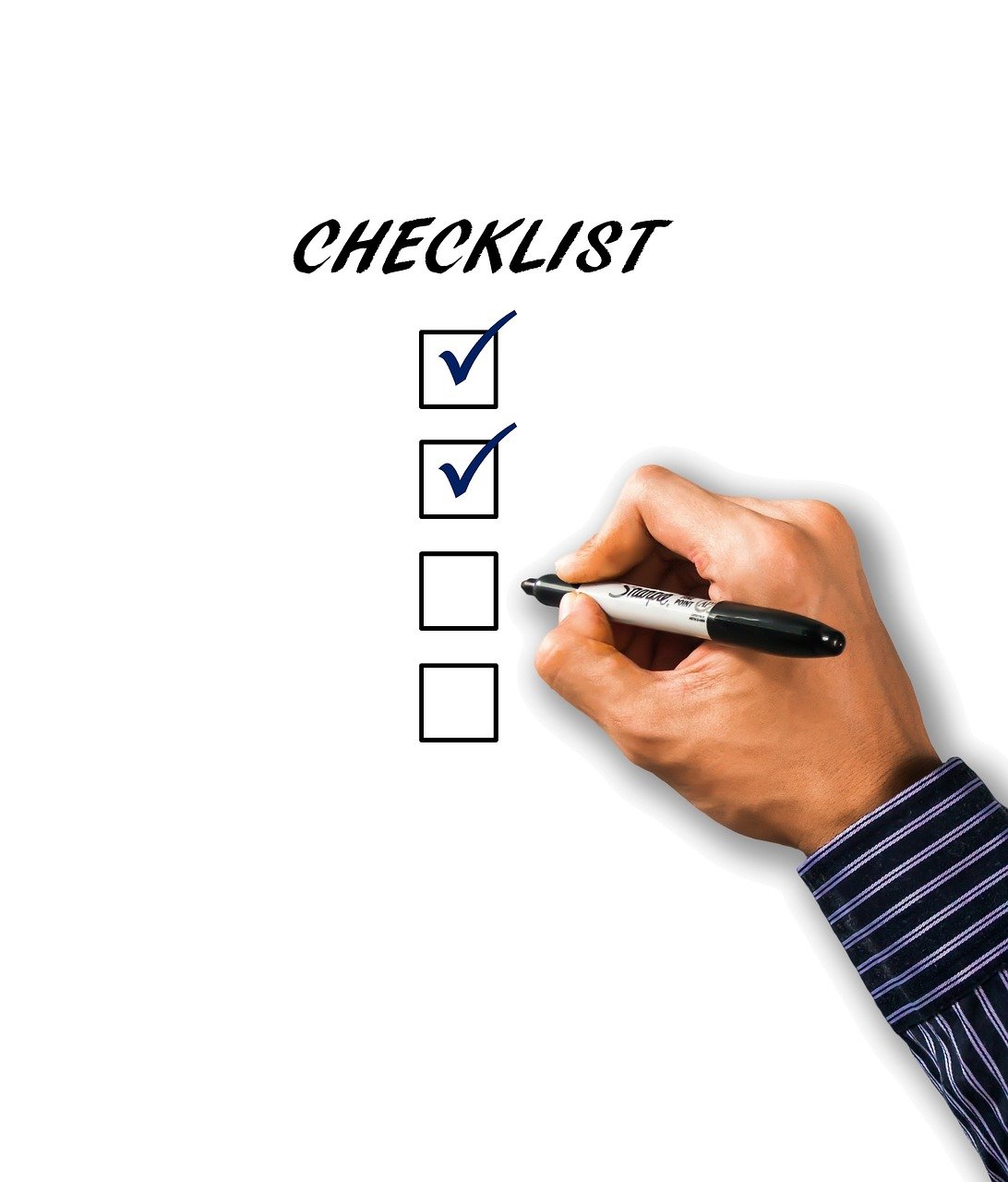
3 Mistakes to Avoid when Staging an Intervention
Recovery Care Partner believes staging an intervention is a much-needed kickstart to many people’s journey of recovery. One of the most difficult things for a person suffering from a substance use disorder is recognizing that they are trapped in a vicious and unsustainable cycle. Many people recognize that fact but feel powerless to change it, creating even more negative feelings which are the impetus for further substance abuse.
Interventions are tricky to pull off and are fraught with missteps, which is why intervention mistakes are common and specialists such as Recovery Care Partner are needed. We’ve conducted many interventions successfully and understand what to press and what to avoid. Here are 3 mistakes that you should avoid when staging an intervention.
1 – Enabling Relatives in Interventions
One of the most important things to choose when staging an intervention is deciding who should and should not be there. It’s important to stress that if someone is chosen to not be present during an intervention, it is not a question of whether they care for the addict or not.
Interventions can and often are very intense and emotional atmospheres. Having the right people present is dependent on:
- If they can remain calm and collected
- What relationship and history they have with the addict
- If they are clear that the person has a problem and needs help
It can be enormously sabotaging for a person who is irresolute to be involved in the intervention and become swayed by the addict excuses, rationalizations, and overtures.
If a person invites too much distraction from the topic of the addict entering treatment and getting better, or otherwise elicits unproductive emotions, it is best if they are not around for the intervention.
A good example may be that one parent can be present but not another. This can be difficult to hear and endure for that parent, but it is for the best. Relationships within families and friends can be complicated, the last thing that will help is having the conversation derailed into past events and retellings of perceived misdeeds.
2 – People Not Sticking to the Script
Before an intervention is staged, everyone must know their part to play and stand strong in that part. Telling someone they have an addiction and it’s hurting them, and that they require treatment can invoke plenty of emotional responses which can stir the participants to distraction.
Knowing the part you have to play and sticking to the script is one of the most critical aspects of intervention success rate. If you’re not sure what is the right thing to do, a professional interventionist is there to help keep you on track and steer the intervention for the best odds of success.

3 – Not Rehearsing the Intervention
A professional interventionist will tell you the importance of all 3 of these points, but rehearsal can be the most important of all. It is easy to envision how an intervention will go down, what you will say, and how you will say it when you are calm. However, interventions are highly emotional experiences and you may find your course of action clouded by what you are feeling in the moment. Rehearsal can help prevent you from failing point 2, not sticking to the script.
Addiction Interventionist Virginia
Recovery Care Partner is here to help you by providing professional addiction intervention support. Addiction is a disease that can affect anyone. What is important is that those suffering can receive the help they require by getting into treatment.
A properly staged and executed intervention will maximize the chances of your loved one entering a treatment program.
Contact Recovery Care Partner today for more information about how we can help you get a loved one into treatment.







